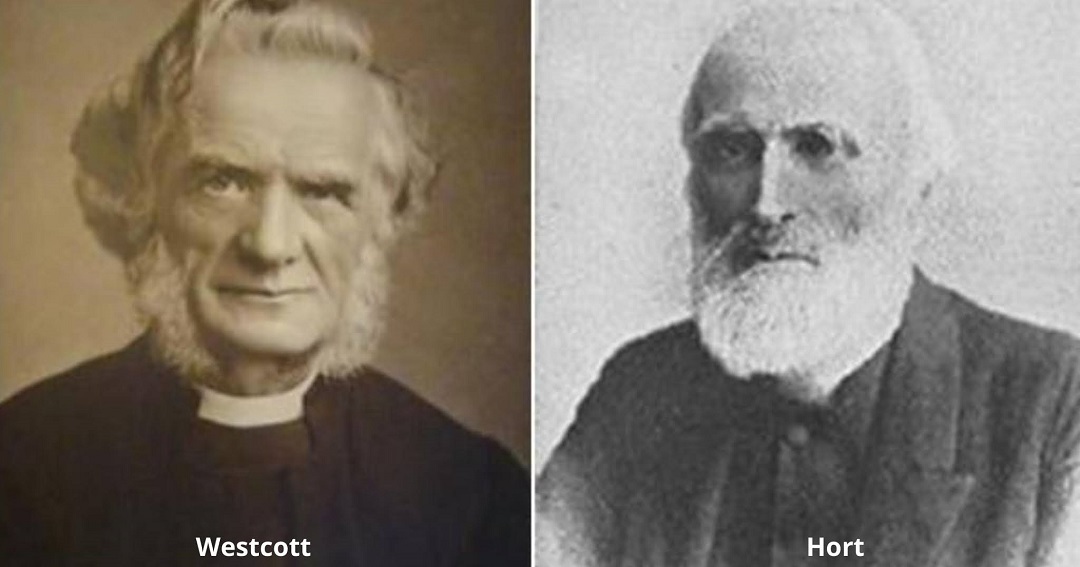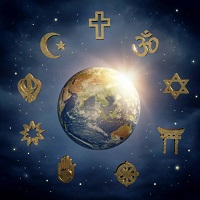| Mark 16:9-20 |
Full ending, incl. v. 17-18: "And these signs shall follow them that believe; In my name shall they cast out devils; they shall speak with new tongues... They shall lay hands on the sick, and they shall recover." |
Omitted or bracketed/footnoted (NIV, ESV, NABRE). |
Included in ~1,700 Greek MSS (99%+), all ancient versions (Syriac, Latin Vulgate, Gothic), cited by Irenaeus (2nd cent.); only 2-4 MSS omit. |
Evidences post-resurrection power: miracles, exorcism, healing—essential for bold faith and Great Commission growth. |
| Matthew 17:21 |
"Howbeit this kind goeth not out but by prayer and fasting." |
Completely omitted (NIV, ESV, NABRE). |
Present in ~5,000 Byzantine MSS, Latin Vulgate, Syriac, Coptic; absent in ~10 Alexandrian MSS. Cited by Origen. |
Teaches prayer/fasting unlocks power over demons, fostering spiritual discipline. |
| Acts 8:37 |
"And Philip said, If thou believest with all thine heart, thou mayest. And he answered and said, I believe that Jesus Christ is the Son of God." |
Completely omitted (NIV, ESV, NABRE). |
In ~700 Greek MSS, Old Latin, Vulgate, Syriac; cited by Irenaeus, Cyprian; omitted in ~100 MSS but with marginal notes. |
Emphasizes confession of Christ's deity for baptism, core to conversion power. |
| Matthew 6:13 |
"...For thine is the kingdom, and the power, and the glory, for ever. Amen." |
Omitted (NIV, ESV, NABRE). |
Included in 99%+ Greek MSS, Didache (1st cent.), all ancient versions; absent in 2-3 MSS. |
Affirms God's eternal power in prayer, building faith for persistent supplication. |
| Luke 4:4 |
"...Man shall not live by bread alone, but by every word of God." |
Omits "but by every word of God" (NIV, ESV, NABRE). |
Present in ~5,300 MSS, Vulgate, Syriac; omitted in Sinaiticus/Vaticanus. |
Teaches believers' sustenance from God's Word, essential for spiritual warfare. |
| Luke 4:8 |
"...Get thee behind me, Satan: for it is written..." |
Omits "Get thee behind me, Satan" (NIV, ESV, NABRE). |
Included in majority MSS, ancient versions; omitted in 2 uncials. |
Models authoritative rebuke of Satan, boosting confidence in spiritual victory. |
| John 5:4 |
"For an angel went down at a certain season into the pool, and troubled the water..." |
Completely omitted (NIV, ESV, NABRE). |
In ~1,200 Greek MSS, Vulgate, Syriac; absent in ~200 MSS but noted in margins. |
Reveals supernatural healing faith; omission discourages expectant prayer. |
| Acts 28:29 |
"And when he had said these words, the Jews departed, and had great reasoning among themselves." |
Completely omitted (NIV, ESV, NABRE). |
In ~4,000 MSS, some Vulgate copies; omitted in early uncials but versional support. |
Illustrates Word's divisive power for conviction/growth; removal softens evangelism. |
| Ephesians 5:30 |
"For we are members of his body, of his flesh, and of his bones." |
Omitted (NIV, ESV, NABRE). |
Included in 99%+ Byzantine MSS, Vulgate, Coptic; absent in 3-4 MSS. |
Depicts union with Christ for resurrection power; omission weakens identity in Him. |
| Colossians 1:14 |
"In whom we have redemption through his blood, even the forgiveness of sins." |
Omits "through his blood" (NIV, ESV, NABRE). |
In ~5,000 MSS, ancient versions; omitted in Sinaiticus/Vaticanus. |
Highlights blood's atoning power; removal dilutes freedom from sin. |




